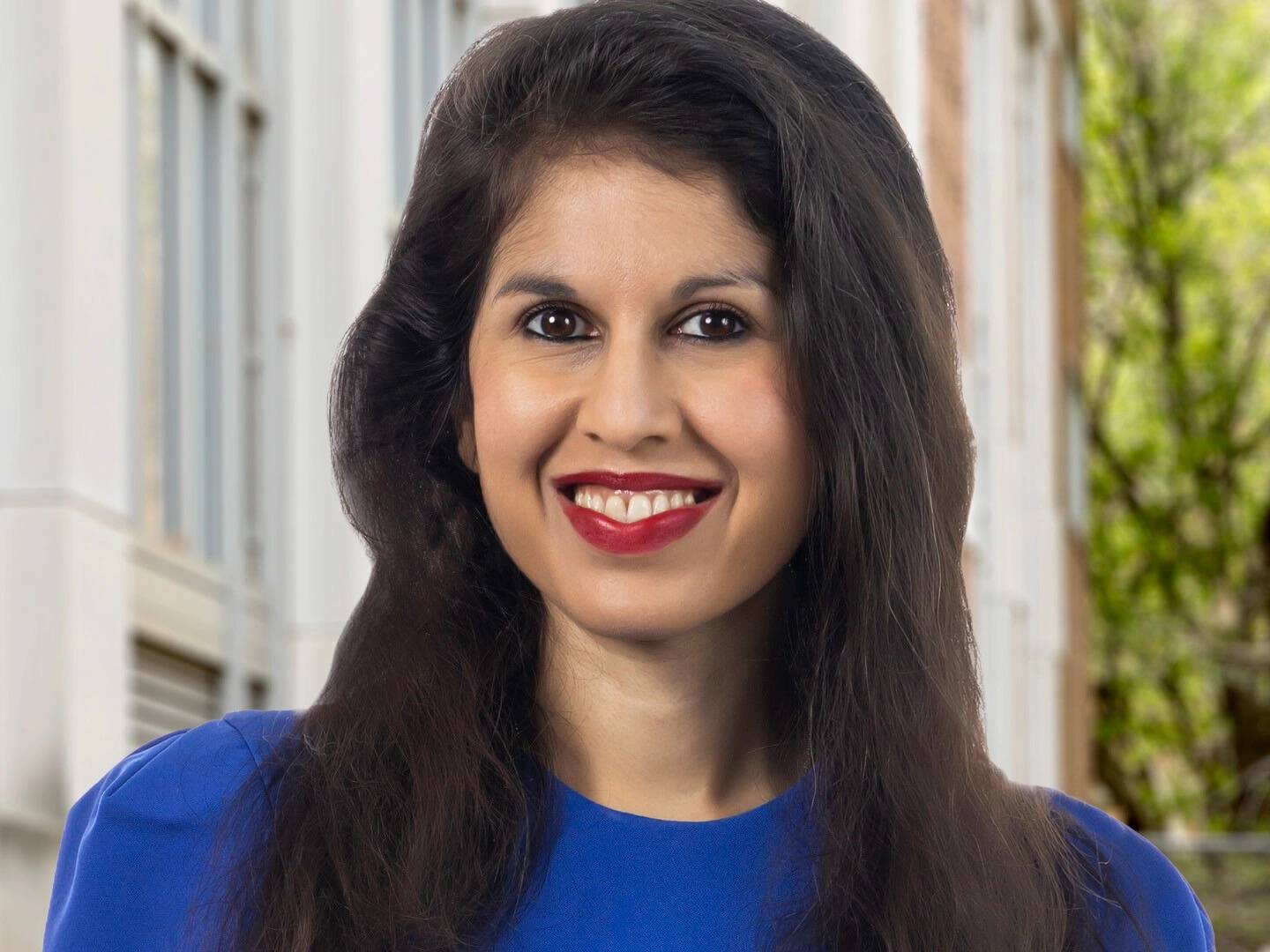订阅 wiki
Share wiki
Bookmark
Yesha Yadav
0%
Yesha Yadav
Yesha Yadav 是一位法律学者,也是范德比尔特大学法学院的教授,她拥有 Milton R. Underwood 法学教席。她的专长包括金融市场监管、证券法和公司破产,其研究重点是传统金融系统和新兴的 加密货币 市场。[4] [9]
教育背景
Yadav 获得了剑桥大学法律和现代语言文学硕士学位,并以一等荣誉毕业。后来她进入哈佛法学院,获得了法学硕士 (LL.M.) 学位。她在哈佛大学的学习重点是金融和资本市场监管、支付系统和恐怖主义融资。[1] [2]
职业生涯
Yadav 于 2004 年在国际律师事务所 Clifford Chance 开始了她的法律职业生涯,并在其伦敦和巴黎办事处工作。在 2008 年之前的任期内,她是金融监管和衍生品部门的律师。在此期间的一个关键项目是为欧洲支付委员会就建立单一欧元支付区 (SEPA) 提供咨询,该倡议旨在整合欧洲 across 各国的国内支付系统,使跨境欧元支付等同于国内支付。
2009 年,她转入公共部门,加入世界银行担任法律顾问。她在金融、私营部门发展和基础设施部门工作,她的专业领域包括金融监管、破产和债权人-债务人权利。
Yadav 于 2011 年进入学术界,加入范德比尔特大学法学院。作为法学教授和 Milton R. Underwood 教席教授,她的教学和研究中心是金融市场监管、证券法和公司破产。她的学术研究考察了传统和数字资产的市场结构、交易所设计和支付系统。她的研究兴趣包括 加密货币 和 稳定币 的监管、不良债务和公司重组,以及 中心化 (CeFi) 和 去中心化 (DeFi) 金融市场中的风险管理。除了教学和研究外,Yadav 还在范德比尔特大学担任多个行政职务,包括副院长和 Robert Belton 文化与社区主任,以及法学硕士项目学院联合主任。[2] [3]
访谈
币安和解案
在 2023 年 11 月接受 CNBC 采访时,Yadav 教授谈到了美国政府与全球最大的 加密货币 交易所 币安 达成的历史性和解的影响。币安 CEO 承认违反《银行保密法》标志着该交易所的运营方式发生了重大转变,可能会改变其治理和合规结构。Yadav 强调了这项和解可能对 加密货币 行业产生的更广泛影响,并警告说,交易所(尤其是离岸交易所)需要在美国当局日益严格的审查下优先考虑监管合规性。她对 加密 行业建立全面监管框架的进展缓慢表示担忧,尤其是在欧盟和新加坡等地区正在制定更明确的标准的情况下。Yadav 强调需要采取协调一致的国际方法,以避免监管标准出现“逐底竞争”,并确保数字资产不断发展的格局中的客户保护和市场诚信。[5]
国债市场风险
在 2023 年 1 月的 Macro Hive Conversations 播客中,Yadav 讨论了美国国债市场中的挑战和功能障碍,尽管它们被认为是安全的资产类别,但她认为这些市场从根本上已经崩溃。她回顾了自己从学习现代语言和法律到成为金融监管和市场结构专家的历程,并指出自 2008 年金融危机以来,国债市场发生了重大变化,导致转向自动化和高频交易。Yadav 指出,虽然实际的美国国债仍然没有违约风险,但交易环境已经变得有问题,尤其是在流动性和市场深度方面。
她强调了宏观经济因素(如通货膨胀和利率上升)带来的压力越来越大,这加剧了市场的脆弱状态。讨论包括对监管环境的反思,主张加强透明度和更系统的保障措施,以增强市场的弹性。尽管在 COVID-19 相关的流动性危机等事件发生后,人们一直在努力改进法规,但 Yadav 对当前市场结构的稳定性及其对投资者的影响表示怀疑。[6]
稳定币和 CBDC
在 2023 年 5 月接受 CNBC 采访时,Yadav 教授讨论了她最近与人合著的关于 稳定币 和 央行数字货币 (CBDC) 的论文。这篇论文大约花了六个月的时间完成,探讨了这些数字货币如何改善美国的支付系统,使其更高效和更具包容性,特别是对于没有银行账户和银行服务不足的人群。Yadav 强调了美国现有支付基础设施的效率低下,并将其与巴西和印度等其他国家在数字支付创新方面取得的进展进行了比较。她强调了 稳定币 和 CBDC 在解决高交易成本和缓慢的支付处理等问题方面的潜力,同时强调了周全的监管对于减轻与新技术相关的风险的重要性。该报告旨在为政策制定者和行业领导者提供一个框架,以便有效地利用数字资产,同时确保金融系统的安全性和包容性。[7]
演讲
加密货币的中心化
在 2024 年 5 月举行的 UCSB-ECON DeFi 研讨会上,Yadav 发表了演讲,讨论了 加密货币 市场中的中心化悖论,并将之与历史上的交易事故进行了比较,例如交易员 Ninda SRA,他的可疑行为导致了重大的市场混乱,但没有受到监管干预。她强调了传统交易所在通过自我监管监督市场方面发挥的重要作用,并质疑当前 加密货币 交易所的现状,认为它们独特的结构和缺乏有效的监督为有害行为创造了可能性,例如 FTX 等平台的倒闭。Yadav 认为,虽然 加密 交易所之间的自我监管可能是朝着更好的市场问责制迈出的必要的第一步,但在没有正式监管框架的情况下,这是不够的。她强调了通过利用 加密货币 交易所的结构优势并让他们作为负责任的参与者参与监管格局来加强监督机制的重要性,以营造更安全的交易环境,特别是考虑到经常参与 加密 市场的弱势群体。[8]
发现错误了吗?
